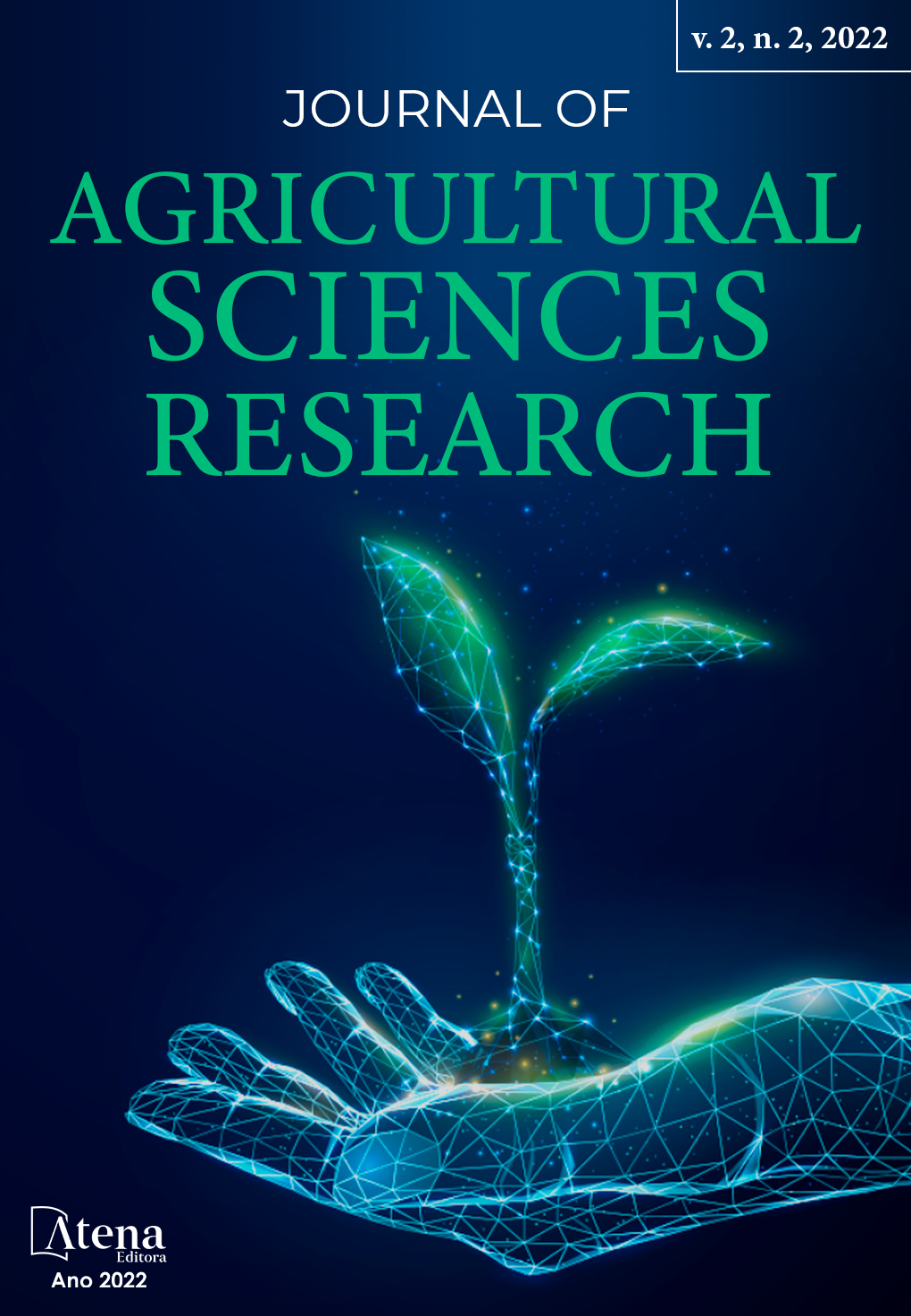
ANALYSIS OF ASSOCIATIONS AND RELATIONSHIPS PROVIDED BY THE AGRICULTORS IN MOVEMENT PROGRAM
This article aims to analyze the proposed action of the “Agriculturists in Movement” Program, examining, specifically, the associations that the program gives rise to and the relationships that need to be built to put such practices into action. Methodologically, documental research was chosen, having as theoretical-conceptual support the contributions of political scientist Sônia Alvarez (2014; 2019), more specifically her concept of discursive fields of action, since it allows different individual and collective actors to be made visible, in addition to of the social, political and cultural contexts that interact with each other in the public arena. In the present research, these articulated networks were understood as possibilities for building resistance in order to make visible agendas that question the relations of forces that place rural women as individuals subjected to practices that cross the social field, engendering the emergence of discursive changes and practices of political subjectivation. The results showed that the Program's proposal shows a way of acting, which can contribute to the emergence of rural women as political subjects, capable of carrying out critical, autonomous and plural productions, which make visible inequalities and social injustices.
ANALYSIS OF ASSOCIATIONS AND RELATIONSHIPS PROVIDED BY THE AGRICULTORS IN MOVEMENT PROGRAM
-
DOI: 10.22533/at.ed.973222201035
-
Palavras-chave: Rural women; Software; Social Practices.
-
Keywords: Rural women; Software; Social Practices.
-
Abstract:
This article aims to analyze the proposed action of the “Agriculturists in Movement” Program, examining, specifically, the associations that the program gives rise to and the relationships that need to be built to put such practices into action. Methodologically, documental research was chosen, having as theoretical-conceptual support the contributions of political scientist Sônia Alvarez (2014; 2019), more specifically her concept of discursive fields of action, since it allows different individual and collective actors to be made visible, in addition to of the social, political and cultural contexts that interact with each other in the public arena. In the present research, these articulated networks were understood as possibilities for building resistance in order to make visible agendas that question the relations of forces that place rural women as individuals subjected to practices that cross the social field, engendering the emergence of discursive changes and practices of political subjectivation. The results showed that the Program's proposal shows a way of acting, which can contribute to the emergence of rural women as political subjects, capable of carrying out critical, autonomous and plural productions, which make visible inequalities and social injustices.
-
Número de páginas: 17
- MARIA DAS DORES SARAIVA DE LORETO
- MAIRA RIBEIRO DE SOUZA


